Story
The Top Credit Repair Tactics You Should Employ Today
Introduction to Credit Repair Tactics
Fixing your credit score might sound daunting, but it’s more straightforward than you think. Credit repair tactics are simply strategies to improve your credit score, which can help you get loans easier and maybe even lower your interest rates. First off, you need to check your credit report for mistakes. Yes, they happen more often than you think. Next up, paying off debt and keeping your credit card balances low are key. It’s also wise to avoid opening too many new accounts at once since it can look risky to lenders. Remember, improving your credit doesn’t happen overnight, but by taking these steps, you’re on the right path. Keep in mind, staying informed and patient is part of the game.
Understanding Your Credit Score and Report
Your credit score is like a financial report card that lenders look at to decide if they should lend you money. It’s a number between 300 and 850. The higher, the better. Think of it as your financial fingerprint. Your credit report, on the other hand, details your credit history. It’s where your score comes from. It tells the story of how you handle money, showing things like your loans, how much credit you have available, and whether you pay your bills on time. First things first, get your hands on your credit report. You can grab a free copy once a year from AnnualCreditReport.com. Check this report carefully. Sometimes, it has mistakes that can hurt your score. Found errors? Challenge them. This can improve your score without much heavy lifting. Remember, understanding your credit score and report is step one. It’s like knowing the game before you play. Armed with this knowledge, you’re better prepared to boost your score. Keep this info close, because in the next sections, we’ll dive into fixing any issues you find here. Stay sharp

Disputing Errors on Your Credit Report
First things first, grab your credit report from one of the major credit bureaus – Experian, Equifax, or TransUnion. You’re entitled to a free report every year, so no excuses. Once you have it, scan through it like a detective. Look for mistakes – and trust me, they’re more common than you’d think. Wrong addresses? Disputed? Outdated information? These errors can mess with your credit score. Here’s your game plan: dispute these errors, stat. How? Write to the credit bureau and the company that reported the error. Keep it simple, but be thorough. Include proof if you have it. And here’s a pro tip: send your letters by certified mail. This way, there’s no “Oh, we never got that letter” excuse. Remember, the credit bureau has 30 days to check your claim. If you’re right, they’ll fix it, and presto, your credit score gets a boost. Sometimes it’s a small lift, sometimes it’s significant – either way, it’s a win. So, don’t sit on this. Disputing errors could be the quickest fix to improve your credit score. Get on it.
Techniques to Lower Your Credit Utilization Ratio
Lowering your Credit Utilization Ratio is key to improving your credit score. Think of this ratio as a balance between the credit you’re using and the total credit you have available. Ideally, you want to keep this under 30%. Here’s how you can do it: first, pay down your credit card balances. This one’s straightforward – less debt means a lower ratio. Next, consider asking for higher credit limits. If you’re in good standing, your lender might agree. This doesn’t mean you should spend more, though. Lastly, create a budget and stick to it. This prevents overspending and helps keep your debt in check. By following these steps, you’re setting yourself up for a healthier credit report.
Best Practices for Paying Down Debt
Paying down debt is a straightforward process, but doing it effectively takes strategy. Start by listing out all your debts. Knowing exactly what you owe is the first step to getting it under control. Focus on high-interest debts first. These are typically your credit cards. They grow faster than other types of debt, so tackling them early can save you money in the long run. Aim to pay more than the minimum payment. Even a little extra can significantly cut down the time you’re in debt. Consider the snowball method: pay off your smallest debts first to build momentum. This tactic doesn’t just reduce your debt; it boosts your confidence as you see actual progress. Remember, consistency is key. Stick to a budget and adjust your spending habits. Less spending means more money to clear your debts. Lastly, don’t be afraid to ask for help. A good credit counselor can offer personalized advice, helping you navigate through your debt more efficiently. Paying down debt might seem daunting, but with these practices, you’re equipping yourself with the right tools to come out on top.
Negotiating with Creditors: Settlements and Payment Plans
Negotiating with creditors might seem daunting, but it’s a powerful step towards repairing your credit. Simply put, reaching out and discussing your situation with them can lead to mutually beneficial arrangements. Settlements and payment plans are two common outcomes. Settlements involve negotiating to pay a lump sum that’s less than what you owe. Yes, this can sometimes cut your debt significantly, giving you a fresh start. On the other hand, payment plans allow you to pay off your debt over time in more manageable chunks. Creditors are often open to these plans, as they prefer getting paid over time rather than not at all. Before you dive in, it’s crucial to have a clear picture of your financial situation. Be honest and upfront about what you can truly afford. Remember, the goal here isn’t just to reduce debt but to do so in a way that you can maintain. This step not only helps ease your current financial burden but also starts rebuilding your credit score by showing a commitment to settling debts. It’s a win-win.
The Impact of Late Payments and How to Address Them
Late payments can seriously hurt your credit score. Even a single late payment can drop your score by up to 100 points, making lenders see you as a riskier bet. This can result in higher interest rates or even denial of credit. But, don’t panic if you’ve slipped up. First, aim to pay the overdue amount as soon as possible. Quick action can prevent the situation from worsening. Next, consider reaching out to your creditor. Explain your situation and ask if they can forgive the late payment. Some might be willing to remove the late payment from your report if you usually pay on time. If that doesn’t work, focus on making consistent, timely payments moving forward. Your credit score is like a trust meter; the more you show lenders you can manage your debts responsibly, the more your score will recover. Remember, improving your credit score is a marathon, not a sprint. Stay patient and consistent with your efforts.
The Pros and Cons of Opening New Credit Accounts
Opening new credit accounts can seem like a quick fix when you’re looking to improve your credit score, but it’s a move that comes with its upsides and downsides. Let’s break it down.
Pros: First off, adding a new credit account can improve your credit utilization ratio, which is a fancy way of saying it can help you use a smaller percentage of your total available credit. This is a good thing in the eyes of lenders. Also, over time, managing a new account well by making timely payments can add positive information to your credit history, potentially boosting your score.
Cons: On the flip side, every time you apply for a new credit account, a hard inquiry is made on your credit report. This can dip your credit score a bit, especially if you’re applying for several accounts in a short period. Another considerate point is the temptation to overspend. With more credit available, it might be tempting to spend more than you can afford to pay back, leading to higher balances and interest charges, which could hurt your credit score in the long run. Therefore, opening new credit accounts should be approached with caution and strategic thinking.
How to Build a Positive Payment History
Building a positive payment history is simpler than you might think. First off, pay your bills on time, every time. Missed or late payments can hurt your credit score. If you often forget to pay bills on time, setting up automatic payments or reminders can be a real game changer. Next, if you’ve got any debts, start chipping away at them. Reducing your debt not only improves your credit utilization ratio but also shows lenders you’re responsible with money. Another smart move? Keep old accounts open. Length of credit history matters, and closing old accounts can shorten it, potentially lowering your score. And, if your credit card issuer offers it, signing up for payment alerts can keep you on track. Remember, building a solid credit report doesn’t happen overnight. It’s about consistent, responsible financial behavior over time. Stick with these tips, and you’re well on your way to a brighter financial future.
Conclusion: Maintaining Good Credit Habits Going Forward
Having tackled various credit repair tactics, remember that the battle doesn’t stop with fixing current issues. Maintaining good credit habits is crucial for a secure financial future. Always pay your bills on time; it can’t be stressed enough. Even one late payment can dent your credit score. Aim to keep your credit card balances low; high balances can negatively impact your credit score, even if you pay on time. Don’t open new credit accounts unnecessarily; each application can temporarily lower your score. Regularly check your credit report for errors and dispute any inaccuracies you find. Adopt these habits, and your credit score will thank you in the long run. Stick to the plan, and you’ll keep your financial health in top shape.
